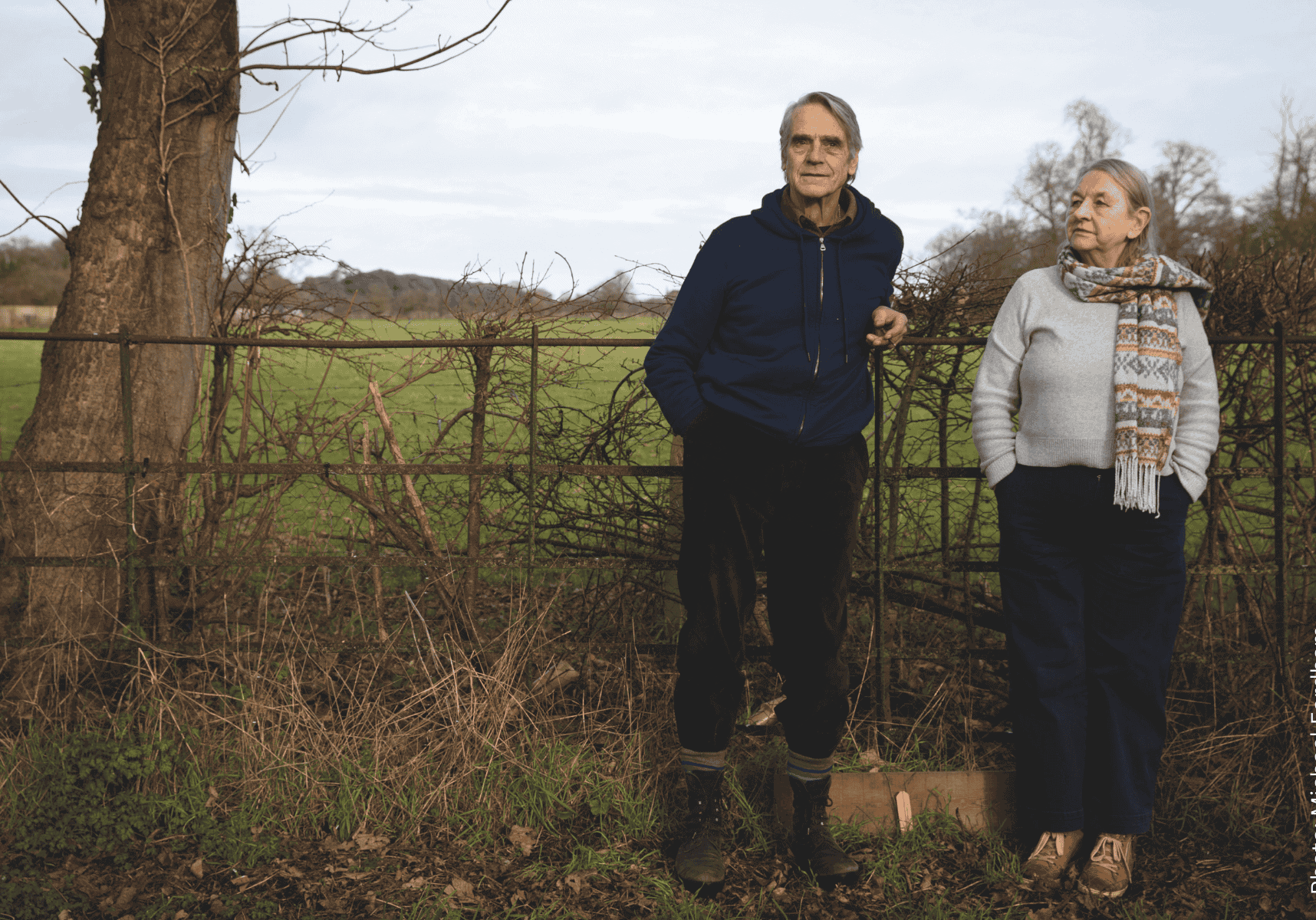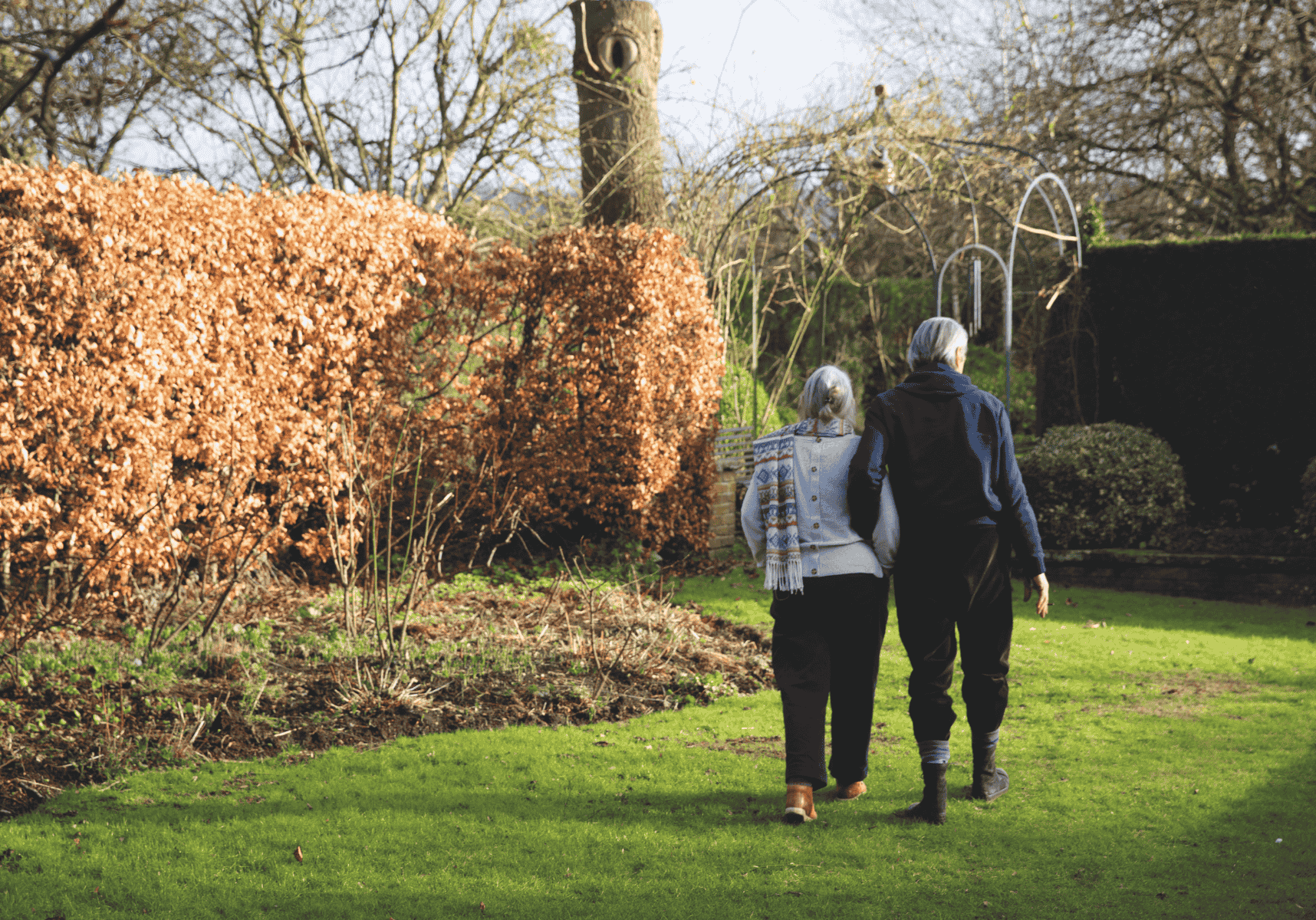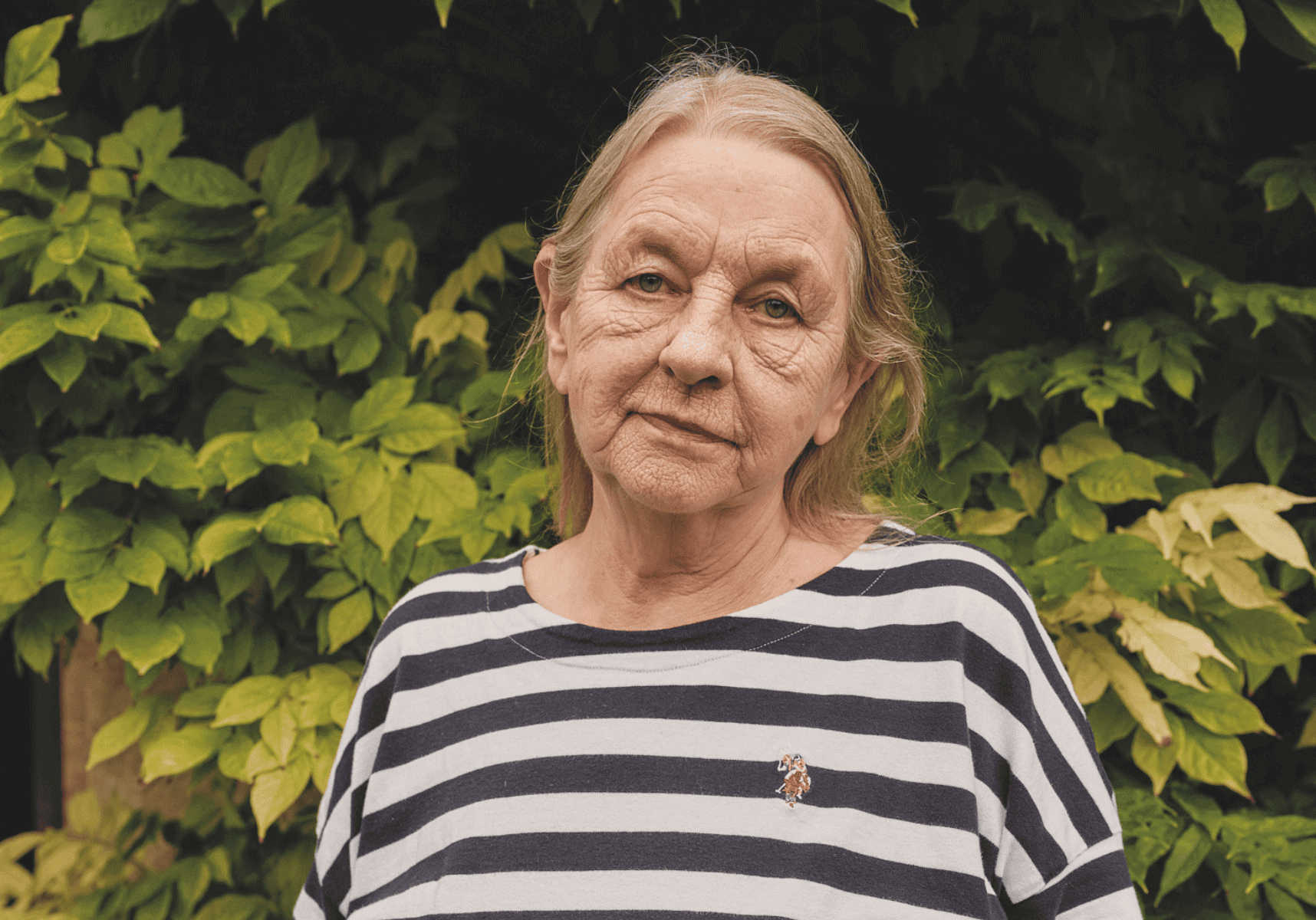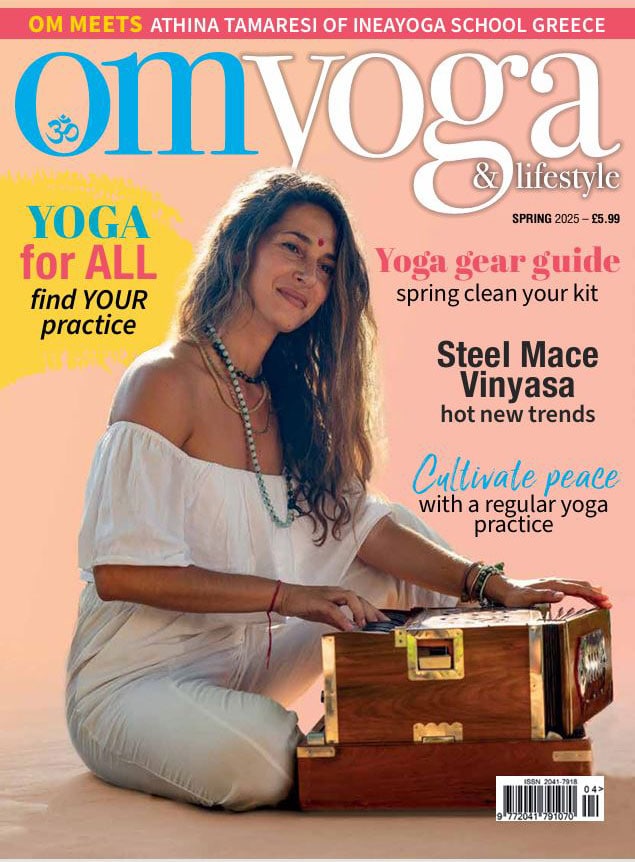
A home within my heart
How meditation and yoga helped Sue in prison. By Chris Holt
Reading time: 6-7 minutes
Drug dealing landed Sue in prison. Her story is one many women in prison could tell: of turning to drugs to block out the pain of childhood traumas. For Sue, there had been sexual abuse, a teenage pregnancy and being forced to give her baby away for adoption. As well as pain, there was a lot of shame.
Dealing heroin to fund her own addiction eventually landed Sue with a four-year prison sentence. But this, she says, was a blessing. Jail was a break from the chaos of her former life and a chance to start again. And it was yoga and meditation that were key to her rehabilitation.
“I’d done meditation in the past,” she recalls. “And I knew I didn’t want to be addicted to drugs in prison, so I put myself through cold turkey before I went away and once inside, I reconnected to my meditation practice.”
It wasn’t always easy to find a quiet place to meditate. Sometimes she’d take a blanket into the showers and there she would sit in silence, focusing on her breath.
“Meditation and yoga are mirrors that show you the purity inside yourself. It is never tainted, regardless of your offence, or traumas that have contributed to the offending. The simplicity of following your breath, of holding a yoga pose enables total acceptance of yourself.”
THE PRISON PHOENIX TRUST
Sue was supported in jail by The Prison Phoenix Trust (The PPT), which was was named OM’s favourite yoga charity in 2023.
From its small Oxford base, The PPT Photo: Michael Fordham supports weekly yoga classes in more than 50 prisons across the UK and Ireland and it helps more than 5,000 people in prison practice yoga and meditation in their cells.
One of the ways it does this is by providing mentors like the one who helped Sue. When she wrote to The PPT for help, a mentor wrote back, offering non-judgemental support and guidance and resources she could use to develop her practice.
“I just felt very supported by them, and I felt they knew where I was coming from,” Sue recalls. “Without them, I don’t know where I would have been. The support for my heart was given by the Prison Phoenix Trust.”
Through meditation, she learnt to bear difficult thoughts and found what she calls a ‘home within her heart’. She connected to the good inside herself, an inner strength and new purpose.
Sue’s been clean now for over 30 years and after jail she found a career as a drugs counsellor helping others struggling with addiction. Since retiring, she does voluntary work in her community.
She knows from experience that most women in prison are carrying some kind of trauma, stemming from experiences of domestic violence, childhood abuse or neglect. It’s no surprise that most women in prison have poor mental health.
MENTAL HEALTH CHALLENGES
According to the most recent report by His Majesty’s Inspectorate of Prisons, some 82% of women in prison report mental health issues, compared with 59% of men. One third of women in prison self-harm regularly, with each individual self-harming 17.5 times on average in the year to June 2024. The self-harm rate in women’s prisons is over eight times higher than in male establishments.
In a number of prisons, yoga and meditation classes have been offered as part of the mental health support provided to women. And the latest data from these prisons is positive.
In two English women’s prisons in 2023-24, The PPT measured significant increases in the mental wellbeing of 40 women who took part in Mindful Yoga courses with two-hour weekly sessions. The proportion of participants with low mental wellbeing relative to the general population decreased from 69% to just 5%; those with moderate mental wellbeing increased from 31% to 78%; and the proportion with high mental wellbeing grew from 0% to 18%.
The PPT’s director Selina Sasse says: “Meditation and yoga give participants a sense of calm, empowerment, and hope, contributing to their meaningful recovery and resilience. We see firsthand how people can only move forward in life when their mental health improves, and this transformation is key to rehabilitation.”
YOGA TEACHER TRAINING
Sue still meditates every day. The support from The PPT continues, but these days that support is mutual as Sue volunteers helping the charity to train yoga teachers who are preparing to go into prison.
Her testimony is one of the most inspiring parts of The PPT’s specialist training Teaching Yoga in Prison, which it runs on behalf of the British Wheel of Yoga.
“When someone's sitting there telling their story it's just electric, it really is,” says Vincent who trained with The PPT in 2024. “I'll remember it for the rest of my life. It was so powerful.”
Sue adds: “It really felt to me throughout the whole journey that The Prison Phoenix Trust had me held in the palm of their hand and supported me regardless of what was going on, regardless of any of the traumas I've been through, any of the difficulties I've had, the struggles I'm going through and have always been there for me unconditionally. I try to inspire people to support The PPT and also to inspire people in prison to practice meditation and yoga. I say to them: what matters is how you’re going to use your time. What’s important is you can change your life and you can become different.”
To support The Prison Phoenix Trust and donate, or to find out more, including yoga teacher training options, visit: theppt.org.uk
Hear the BBC Radio 4 Appeal for The Prison Phoenix Trust
Sunday 11 May at 07:54 and 21:25 Thursday 15 May at 15:27 Or on the BBC website
Sue’s story is being shared this year by actor Jeremy Irons, who is making a Radio 4 charity appeal on behalf of The Prison Phoenix Trust.
“Meeting Sue was extraordinary,” says Jeremy, who invited her to his Oxfordshire home. “She’s a wonderful woman, who turned her prison cell into an ashram, a positive place where she could practice meditation and yoga. The yoga and meditation which you learn in prison is such as simple way to give people the structure, the grounding to begin to get themselves right. Yoga and meditation calms you, centres you, gives you a sense of self and a sense of hope, gets you in touch with your heart and allows you to see clearly who you are, what you are.”
He adds: “When you leave prison, which most prisoners do, you carry all that wealth of knowledge out with you and you can continue in life, giving yourself a sense of personal strength against all the things that will be fighting you when you get out. I’ve been listening to Sue talk about how she was able to turn her life around and now positively help those people who are going through the same thing with all that experience. I’ve always felt an affinity with people in prison. I realise how thin the line is between being inside and being outside. I feel ‘There but for the grace of God go I.’ It’s very easy to think of people who go to jail as being just someone else, nothing to do with me. But it’s to do with all of us.”






